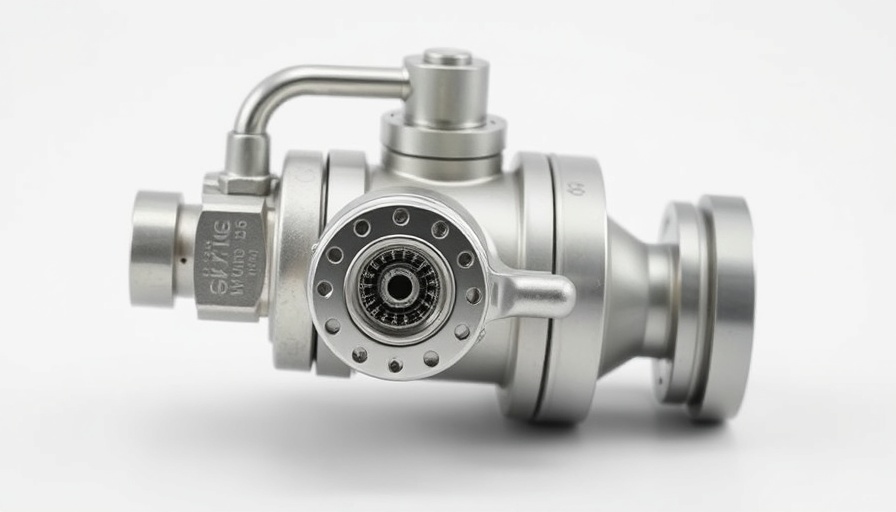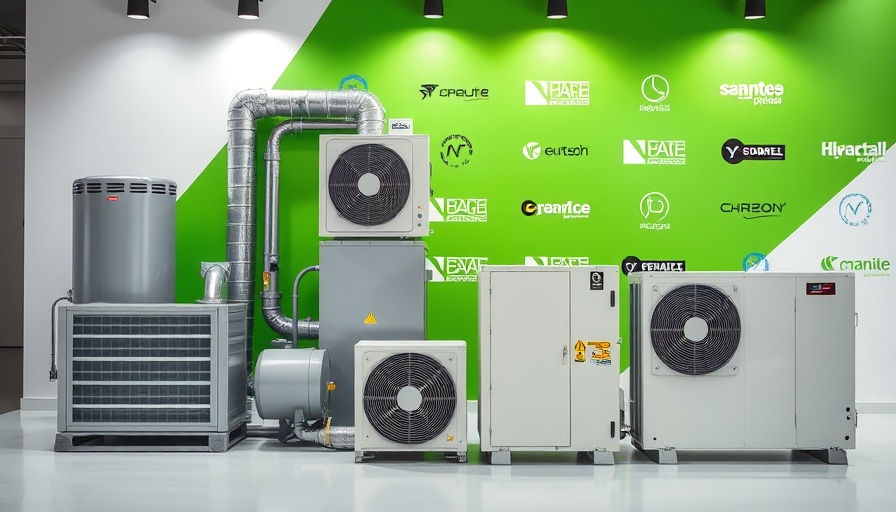
Innovative Electric Dump Valves: A Game Changer for Emissions Control
In the face of tightening environmental regulations, oil and gas companies are seeking innovative solutions to enhance their operations without compromising on compliance. Emerson's introduction of advanced electric dump valves represents a significant shift towards sustainability and efficiency. These valves not only reduce greenhouse gas emissions but also optimize performance across various stages of hydraulic fracturing, making them crucial for companies that are committed to meeting stringent emissions standards.
The Tipping Point: Why Emission Standards Matter
With increasing global attention on climate change, the oil and gas industry is under pressure to adapt. The Environmental Protection Agency has mandated stricter emissions standards. For many companies, failure to comply risks heavy fines and reputational damage. Emerson's electric dump valves are an answer to these challenges, allowing companies to maintain production while also fulfilling legal obligations and corporate responsibility to protect the environment.
Looking Ahead: The Future of Emissions Management
As technology advances, the future of emissions management will likely become less about meeting minimum requirements and more about striving for excellence in operational efficiency. Facilities equipped with Emerson's electric dump valves can not only monitor but also control emissions in real-time, presenting opportunities for further innovation and adaptation. This proactive stance could very well become the industry standard.
Balancing Act: Environmental Responsibility vs. Profitability
For many in the oil and gas sector, the fear of increased costs associated with compliance looms large. However, projects like those introduced by Emerson showcase that operational efficiency and environmental responsibility can go hand-in-hand. Businesses that invest in sustainable technologies may find that they improve not only their bottom line but also their public perception, achieving a balance between profitability and ethical practice.
 Add Row
Add Row  Add
Add 




Write A Comment